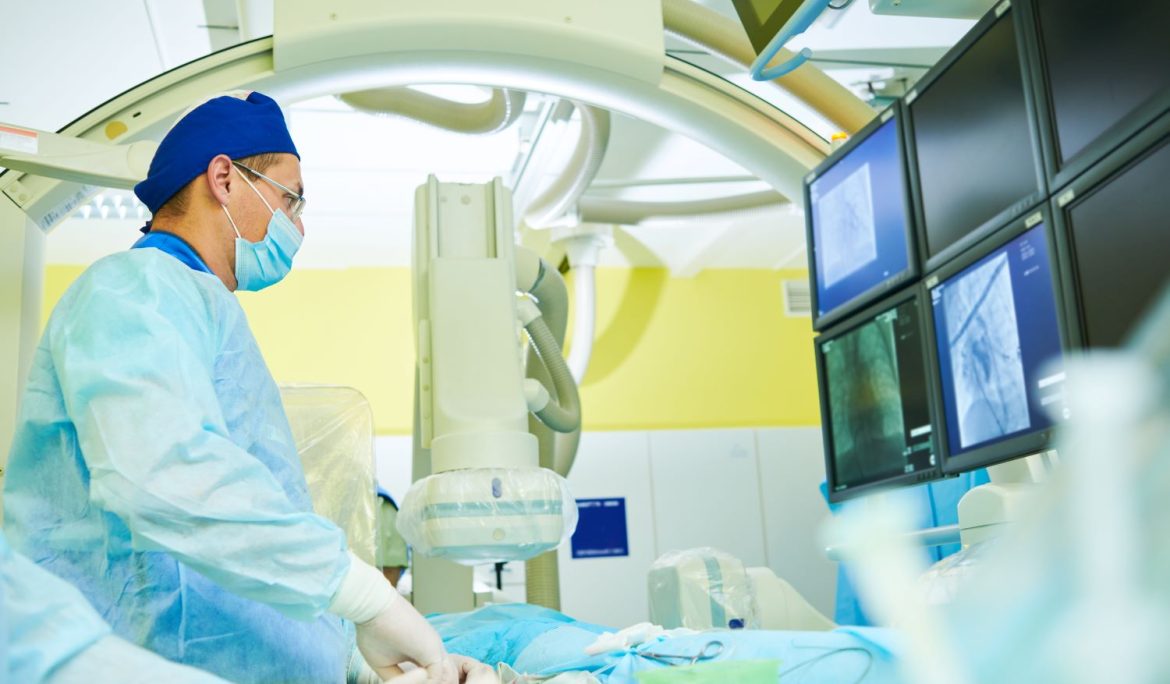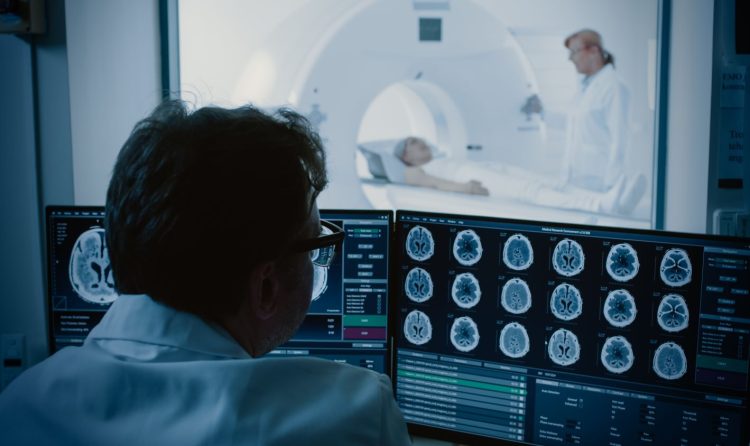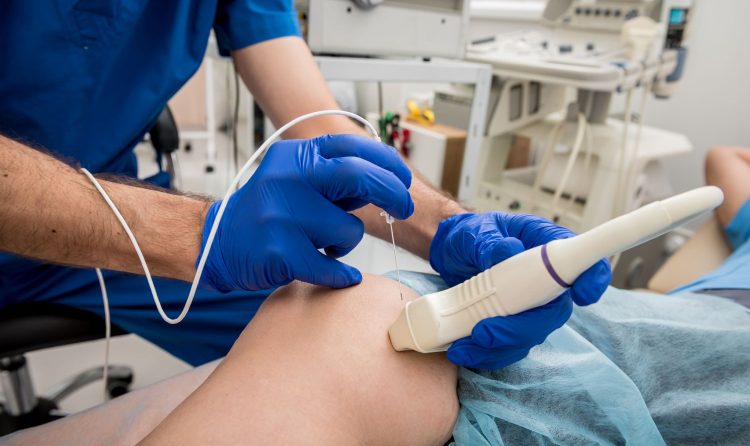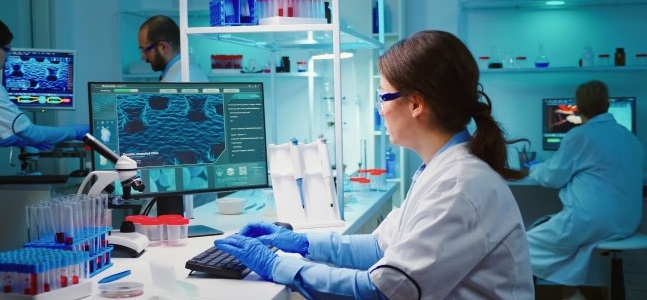Introduction
Breast cancer is one of the most common cancers among women worldwide. Regular screening mammograms are a critical tool in the early detection and treatment of breast cancer, significantly improving outcomes.
Early Detection Saves Lives
Mammograms can detect breast cancer at an early stage, often before any symptoms are present. Early detection is crucial because it allows for more treatment options and a better chance of successful outcomes. Studies have shown that women who undergo regular mammograms have a lower risk of dying from breast cancer compared to those who do not.
Advances in Mammography
Recent advances in mammography, such as digital mammography and 3D mammography (tomosynthesis), have further enhanced the accuracy of breast cancer detection. These technologies provide clearer and more detailed images, reducing the likelihood of false positives and negatives.
Who Should Get Screened?
Functional MRI (fMRI) and molecular imaging are emerging as valuable tools in understanding complex biological processes. fMRI measures brain activity by detecting changes in blood flow, offering insights into brain function and aiding in the diagnosis of neurological conditions. Molecular imaging, on the other hand, focuses on imaging cellular and molecular changes, allowing for early detection of diseases at the molecular level.






